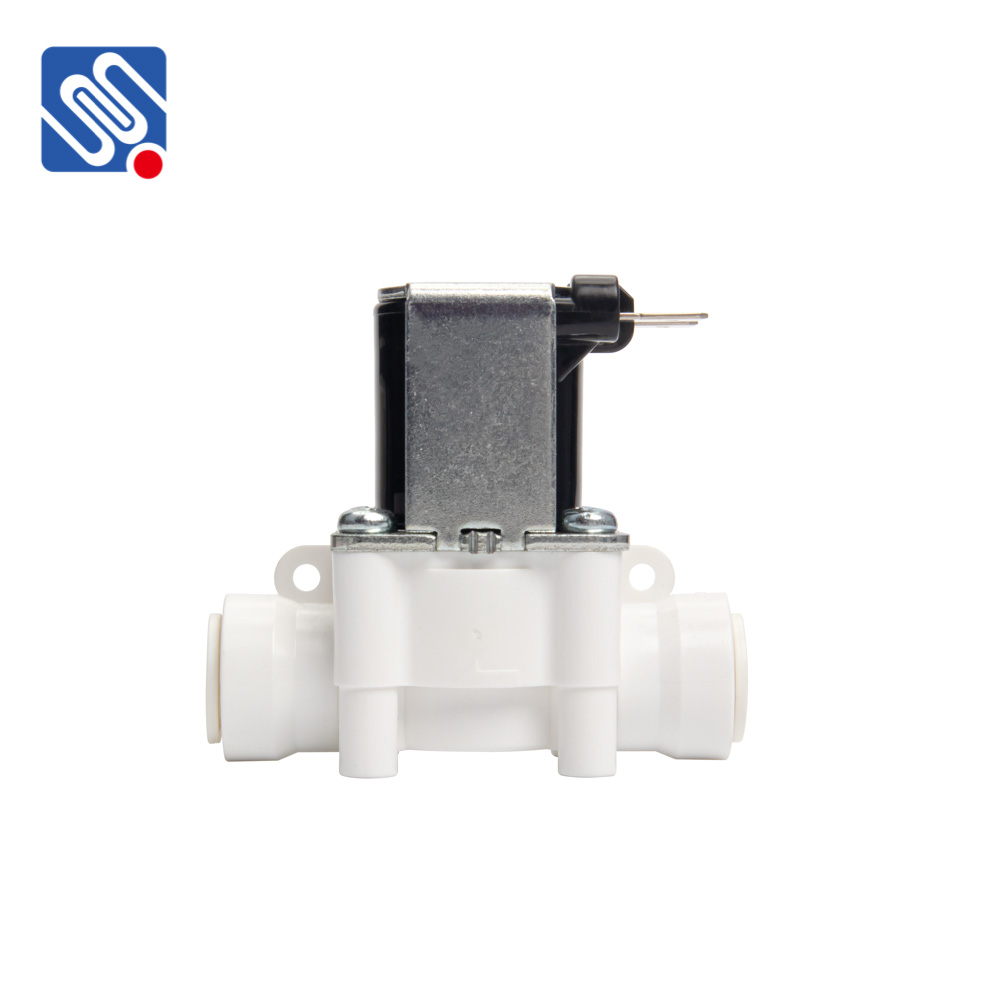Filtration systems play a crucial role in maintaining the quality and efficiency of various industrial processes. Whether it’s water treatment, chemical processing, or HVAC systems, controlling the flow of fluids through filters is vital to ensure optimal performance and prevent contamination. The Filtration System Solenoid Valve (FSSV) is a key component in these systems, offering precise and automated control over fluid flow. In this article, we will explore the key features, functions, and applications of the Filtration System Solenoid Valve.

What is a Filtration System Solenoid Valve? A Filtration System Solenoid Valve is an electromechanical valve that controls the flow of fluids (liquid or gas) within a filtration system. By utilizing a solenoid, which is a coil of wire through which an electric current flows to produce a magnetic field, the valve opens or closes automatically to regulate fluid flow. The solenoid valve is integral to modern filtration systems because it allows for automated, reliable, and precise fluid control, making it ideal for use in a variety of industries. Key Features of the Filtration System Solenoid Valve